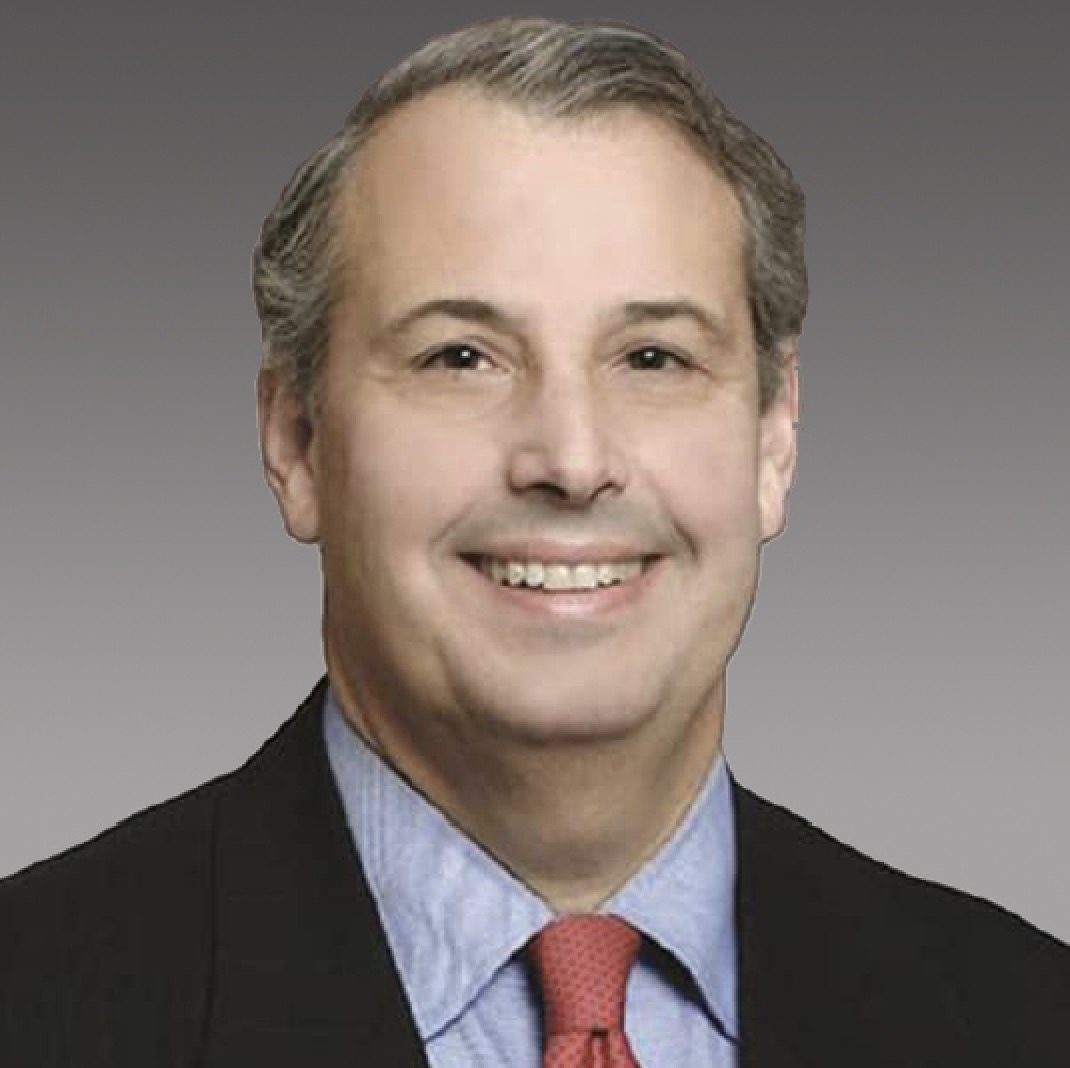Alan Rudlin is a retired litigation partner from Hunton & Williams [now Hunton Andrews Kurth] in Richmond, Va., and a senior litigation consultant at A2L who has worked with us for about two years. Here is a brief Q and A to introduce Alan to the readers of this blog.
Q. What brought you to the world of trial litigation?
A. I graduated from the University of Virginia School of Law and spent a couple of years working in Washington, D.C., for a Joint Presidential-Congressional committee in the Watergate era. Then I decided to move back to Richmond, where I grew up, and to undertake a career in civil litigation.
Q. What kinds of cases did you try?
A. I worked on a wide variety of cases around the nation, including mass torts, First Amendment cases, environmental cases, and business disputes of all sorts. I tried dozens of cases to juries.
Q. How did you become interested in trial techniques and the science of persuasion?
A. Many years ago, I had a case where we and our client didn’t know if it made sense for our client to apologize for something. We put together a panel of ordinary people and used two-way mirrors to communicate with them. The answer they gave, by the way, was: Don’t apologize. Anyway, at that time I became fascinated with the art and science of jury studies, and used them when it made sense. Just as valuable I found was to seek the post-trial opportunity to learn whatever I could from jury interviews.
Q. What is the most important benefit of those interviews?
A. It’s very simple. If you won a case, but you don’t know why you won it, you don’t know very much. It’s like what doctors do. When something goes wrong in a surgery, they do a post-surgery review to figure out what went wrong and to do better in the future.
Q. What kinds of questions do you like to ask jurors after a trial?
A. I would have a detailed set of questions, and my favorite was to ask: Was there a point during the trial that was crucial for your understanding of the facts, when something clicked for you? Another good question is: What was your perception of the lawyers, the witnesses and the litigation graphics?
Q. What is your opinion of jurors and their conclusions in a trial?
A. I learned that one can trust jurors in complex cases. They may not express their opinions and conclusions in a way that a lawyer might, but they have a great deal of practical wisdom, and learning how to tune in to their ways of reasoning about what was fair or right is a critical skill.
Alan Rudlin can be reached at rudlin@A2LC.com.
Other free articles about senior A2L leaders, litigation consulting, and jury consulting work include:
- Litigation Consulting News: Introducing John Moustakas
- Law360 Interviews A2L Consulting's Founder/CEO Ken Lopez
- 9 Reasons Litigation Consultant is the Best Job Title in Litigation
- Who Is, and Who Isn’t, a Litigation Consultant?
- Free PDF: Why Work with A2L on Your Next Trial
- 3 Types of Litigation Graphics Consultants
- Top trial lawyers talk about working with A2L
- Top trial lawyers explain why storytelling is so critical for persuasion
- 10 Things Litigation Consultants Do That WOW Litigators
- Free E-Book: What is the Value of a Litigation Consultant?
- 21 Reasons a Litigator Is Your Best Litigation Graphics Consultant
- 3 Types of Litigation Graphics Consultants
- Free Webinar: Storytelling as a Persuasion Tool
- Free E-Book: Storytelling for Litigators
- Your Coach Is Not Better Than You – in the Courtroom or Elsewhere
- 10 Types of Value Added by Litigation Graphics Consultants
- Explaining the Value of Litigation Consulting to In-House Counsel
- 17 Reasons Why Litigation Consultants Are Better at Graphics Than Law Firms
- $300 Million of Litigation Consulting and Storytelling Validation
- Top 7 Things I've Observed as a Litigation Consultant
- 6 Secrets of the Jury Consulting Business You Should Know
- Who Are The Highest-Rated Jury Consultants?





Leave a Comment